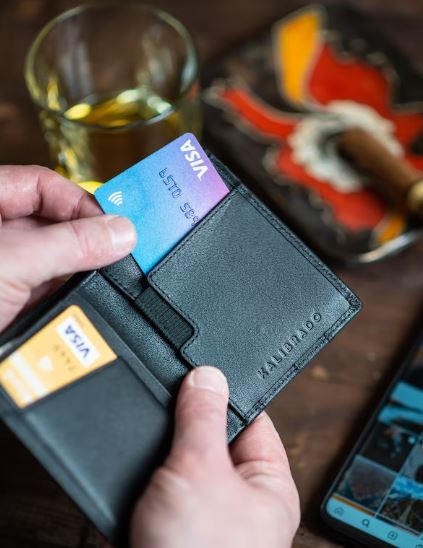A credit card is a useful financial tool that can help you build credit, earn rewards or save on interest. Choosing the right credit card is an important decision that requires careful consideration. In this article, we will discuss how to pick the best credit card for your needs.
Check your credit score
Before applying for a credit card, it’s important to check your credit score. The better your score, the higher your chances of being approved for cards with better perks. You can check your credit score from many credit card issuers who provide free FICO scores. Additionally, the three major credit bureaus (Experian, Equifax, and TransUnion) sell credit scores. If the score isn’t what you expected, check your credit reports to see what’s causing the problem. You are entitled to one free copy of your credit report from each of the three major bureaus every 12 months. You can get your free reports at AnnualCreditReport.com.
Identify which type of credit card you need
There are different types of credit cards available, including credit cards that help you improve your credit, cards that save you money on interest, and cards that earn rewards. Consider which type of card you need based on your financial goals. If you want to build or rebuild credit, student or secured credit cards are good options. If you want to save on interest, look for low-interest, 0% APR or balance transfer cards. And if you want to earn rewards, consider rewards, travel or cash-back cards.
Narrow your choices by asking the right questions
Once you have identified the type of credit card you need, filter your options according to your credit score and monthly spending. Consider asking these questions to help you narrow down your choices:
For student and secured credit cards:
Will this card help me build my credit?
How much does it cost to open an account, including the annual fee?
Can I graduate to a better card later on?
For low-interest, 0% APR or balance transfer cards:
How long is the 0% APR period, and what is the ongoing interest APR?
What is the card’s balance transfer policy?
Does the card offer rewards?
For rewards, travel or cash-back cards:
How do I spend my money?
How complicated is this credit card?
How quickly will I earn rewards, and how much are they worth?
Apply for the card that offers you the highest overall value
After considering your options, choose the card that offers you the highest overall value. Look for the card that provides the most benefits, such as cash back, rewards, and low interest rates. If you are still undecided between two or three similar cards, look closely for differences. Some factors that might set a card apart include higher rewards, lower interest rates, and better introductory offers.
In conclusion, picking the best credit card requires careful consideration of your financial goals, credit score, and monthly spending. By following these steps, you can choose the credit card that suits your needs and provides the most value. See our other posts on credit cards here visit experian to see credit report options Experian
